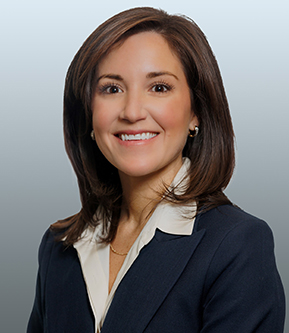Estate Planning Essentials for Health Care Providers: Protecting Legacy and Loved Ones
Physicians and healthcare providers, like many others with demanding professions, often postpone or overlook their own estate planning and preparation.
Estate planning is a fundamental process for individuals at any stage of life. It is especially important, however, for healthcare providers who often have unique assets, liabilities and professional responsibilities.
Planning and proactivity benefit healthcare providers for a variety of reasons:
- Medical Practice Succession Planning: An ownership interest in a medical practice is a significant asset. Proper succession planning can ensure the continuity of a medical practice in the event of a physician’s incapacity, retirement, or death, to protect the interests of the physician, his or her patients and colleagues, and the beneficiaries of his or her estate. Each owner’s personal estate plan should be tailored to reflect the succession plan for his or her interest in the practice. Provisions may need to be made to plan for the liquidity received from a buy out of the owner’s interest or to nominate someone to manage and safeguard the physician’s ownership.
- Digital Estate Planning: In today’s digital age, healthcare providers must consider their digital assets, including patient records, online accounts, and intellectual property, as well as their personal digital accounts. Creating a plan for managing and transferring these digital accounts and assets in compliance with regulatory frameworks is crucial.
- Healthcare Directives: Healthcare providers understand the importance of health care powers of attorney and advance directives, as they often see these documents in practice with their patients. By making your wishes known and designating a trusted agent capable of making medical decisions on your behalf, you can ensure your desires are respected and alleviate the decision-making burden for your loved ones during a stressful time.
- Asset Protection: Healthcare providers face unique liability risks in their profession. Implementing personalized strategies such as trusts and insurance can help shield your assets from potential lawsuits or creditors and preserve your hard-earned wealth for you and the beneficiaries of your estate.
- Minimize Tax Implications: Certain estate planning strategies can minimize the tax burden on your estate, allowing you to pass more of your assets on to your heirs. Planned gifting, charitable giving, and trusts can help reduce estate and inheritance taxes and maximize the financial support passed to your loved ones.
- Provide for Your Loved Ones: Estate planning allows you to designate beneficiaries for your assets, ensuring that your loved ones are provided for based on their needs and your wishes. This could include personal planning for minor children, elderly parents, beneficiaries with financial concerns, and family members with special needs.
Estate planning is not a one-time event; it’s a dynamic process that should be reviewed and updated regularly to reflect changes in personal and financial circumstances, tax laws, and financial goals. Healthcare providers have unique estate planning needs that must be addressed to protect your practice and assets, minimize tax implications, clarify your wishes, and support your loved ones. Schedule a call with a member of our Wealth Planning, Trusts, and Estates team to learn more about the best approaches suited to your preparation and planning.



